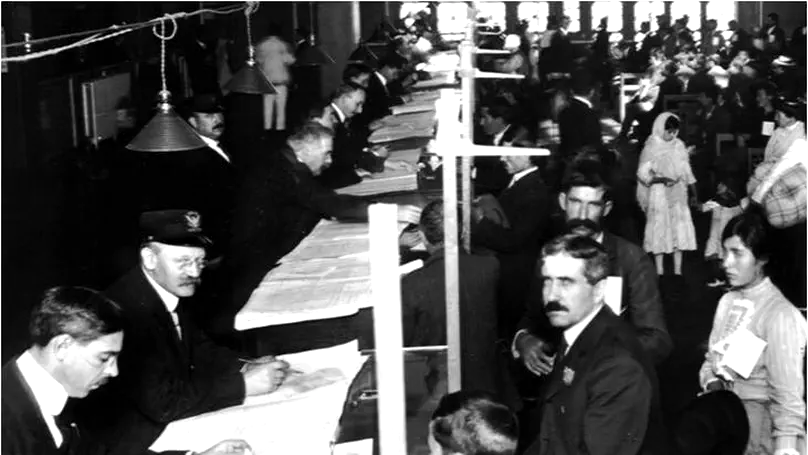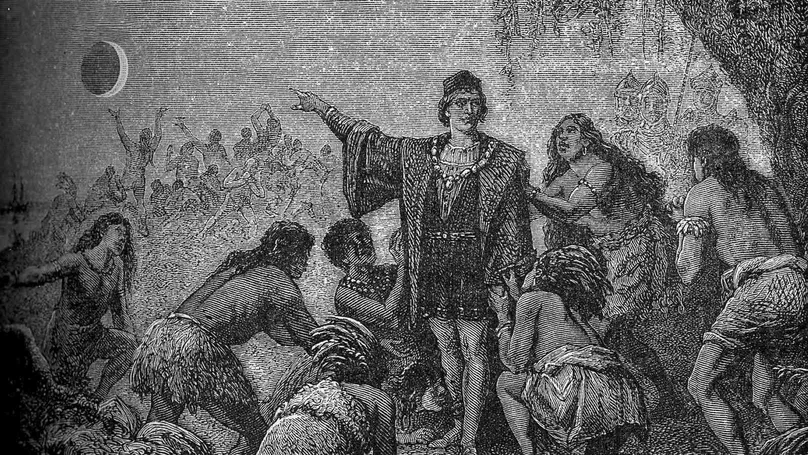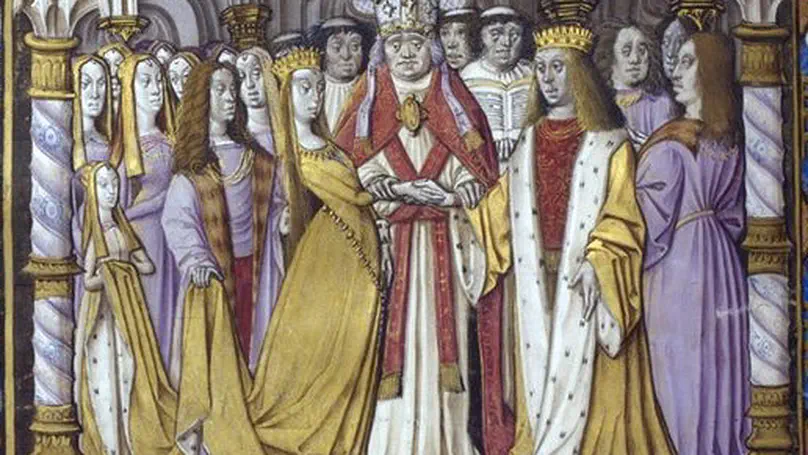Publications

Data on individuals of immigrant origin are used in the epidemiological approach in comparative development for understanding the determinants of cultural traits, and the effects of genetic factors. A widespread presumption in the literature is that this approach is exposed to attenuation bias. We discuss three dimensions of unobserved heterogeneity that are typically overlooked and which can confound the estimation and counteract the attenuation bias. Focusing on the United States, a key context in this literature, we highlight the heterogeneity among natives reporting different foreign ancestries with respect to the average time elapsed since ancestral migration, their spatial concentration, and their attachment to their ancestral identity. These dimensions of heterogeneity vary smoothly across space, oftentimes mirroring the general trend of the variables of interest in this literature, creating a threat to identification. We propose proxies that can be controlled for by the researcher as a bias-reducing strategy.

This paper relates curiosity to economic development through its impact on human capital formation and technological advancement in pre-modern times. More specifically, we pro- pose that exposure to inexplicable phenomena prompts curiosity and thinking in an attempt to comprehend these mysteries, thus raising human capital and technology, and ultimately, fostering growth. We focus on solar eclipses as one particular trigger of curiosity and empir- ically establish a robust relationship between their number and several proxies of economic prosperity. We also offer evidence compatible with the human capital and technological increases we postulate, finding a more intricate thinking process and more developed tech- nology among societies more exposed to solar eclipses. Among other factors, we study the development of written language, the playing of strategy games and the accuracy of folkloric explanations for eclipses, as well as the number of tasks undertaken in a society, their rel- ative complexity, and broad technological indicators. Lastly, we document rising curiosity both at the social and individual level: societies incorporate more terms related to curiosity and eclipses in their folklore, and people who observed a total solar eclipse during their childhood were more likely to have entered a scientific occupation.

Awarded the ‘UWIN Best Paper Award on Gender Economics’, 7th edition.
Awarded a ‘Valeria Solesin’ accessit, 2018 edition.
This paper is concerned with the historical roots of gender equality. It proposes and empirically assesses a new class of determinants of gender equality: increases in women’s bargaining power through reductions in the cost of remaining single. In particular, enlarging women’s options besides marriage —even if only temporarily— increases their bargaining power with respect to men, leading to a persistent improvement in gender equality. We illustrate this mechanism focusing on the specific Belgian context, and relate gender-equality levels in the 19th century to the presence of medieval, female-only communities called beguinages that allowed women to remain single amidst a society that advocated the opposite. Combining precise beguinages’ location with 19th-century census data, we document that beguinages were instrumental in decreasing the gender gap in literacy.

This paper examines how the degree of gender-egalitarianism embedded in inheritance rules impacts state building. Male-biased inheritance rules historically maximise the likelihood of dynastic continuity. However, there is more land merging under gender-egalitarian rules. We compare both types of inheritance rules, concluding that, contrary to the literature, gender-egalitarian norms promote state capacity in the short run more than gender-biased norms. In the long run results are reversed.